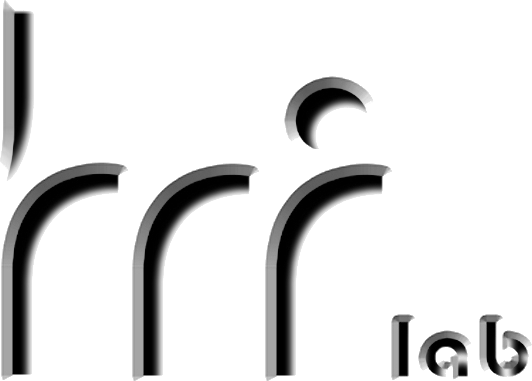Goal-based agents need to be resilient to perturbations in the world. Existing resilience definitions emphasize maintenance-type goals and, consequently, describe how well systems can recover and return to a desirable operating state after a perturbation. An alternative formulation of resilience is required for achievement-type goals that emphasize the ability to progress towards a goal state. This manuscript proposes a new formalism of resilience as a computational construct that accounts for an agent’s sensors, effectors, communication channels, and computational resources. Two metrics for comparing the resilience of different algorithms are derived, namely power and efficiency. Three case studies demonstrate how the metrics can be used to characterize power-efficiency tradeoffs in algorithm design. A common property of the resilient algorithms in the case studies is that they have the ability to exploit many possible world trajectories, often at the cost of failing to find optimal trajectories in unperturbed conditions.
@article{leafetal23ieeeaccess,
title={Resilience for Goal-Based Agents: Formalism, Metrics, and Case Studies},
author={Jennifer Leaf and Julie A. Adams and Matthias Scheutz and Michael A. Goodrich},
year={2023},
journal={IEEE Access},
url={https://hrilab.tufts.edu/publications/leafetal23ieeeaccess.pdf}
}
